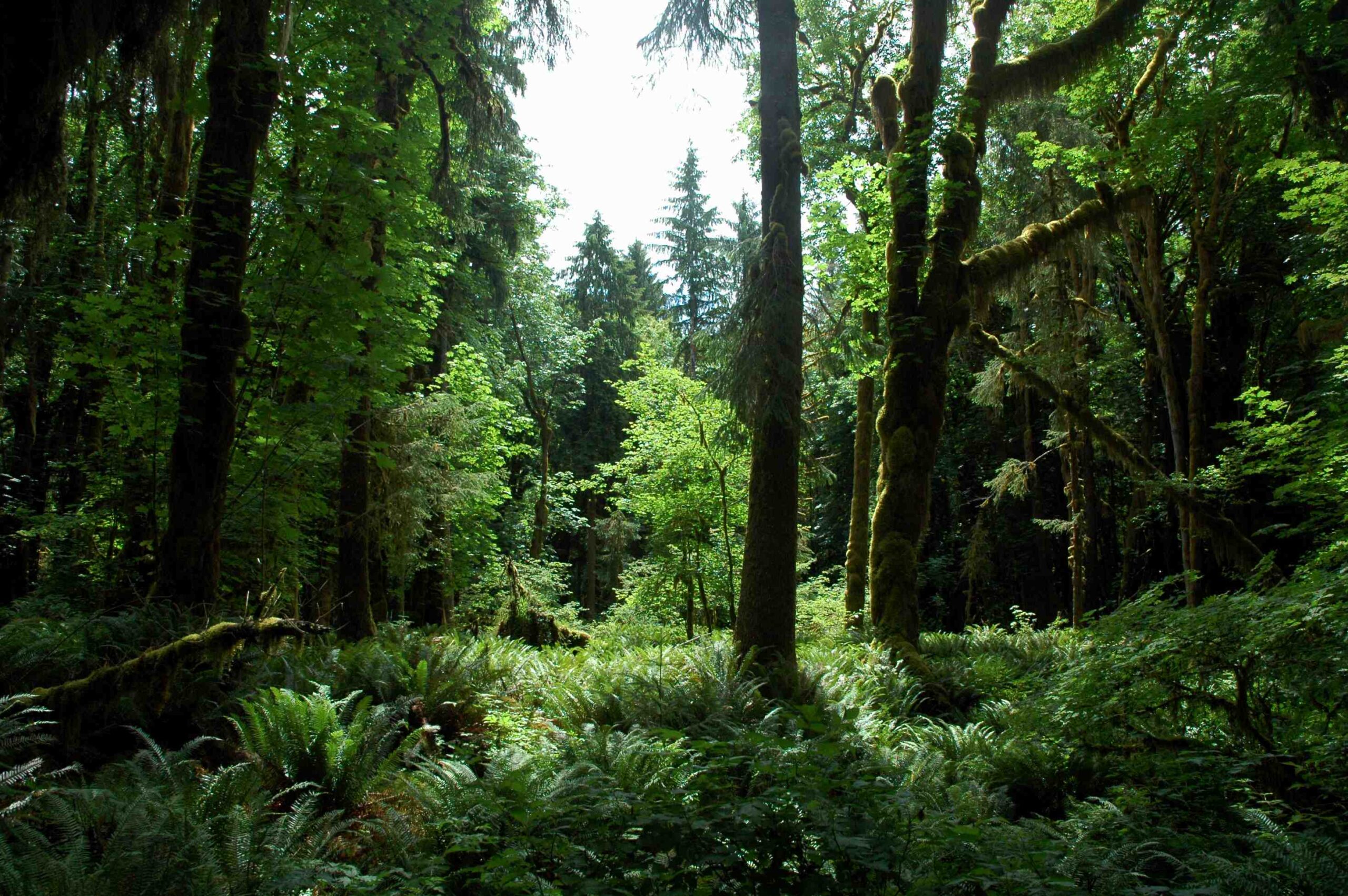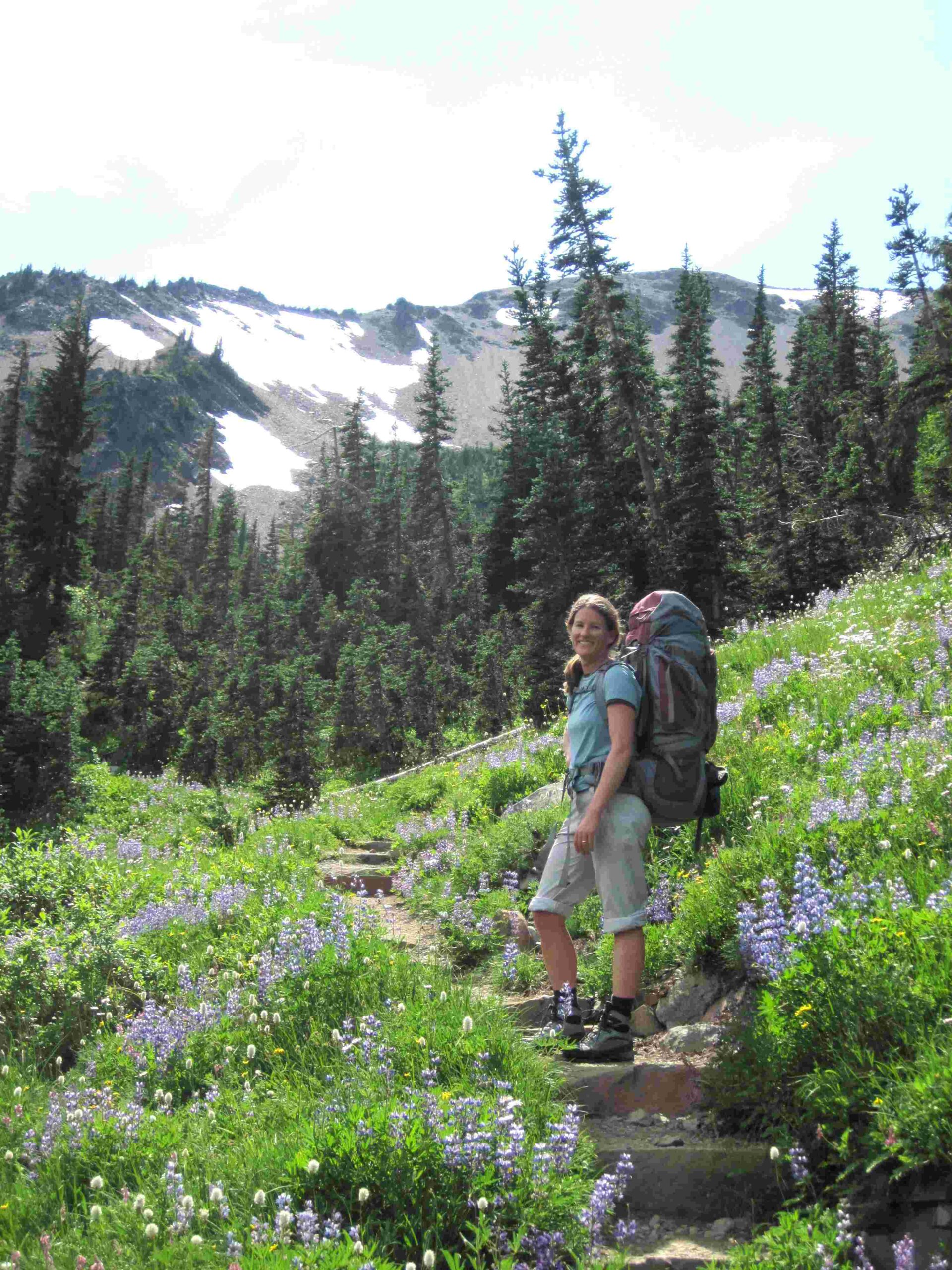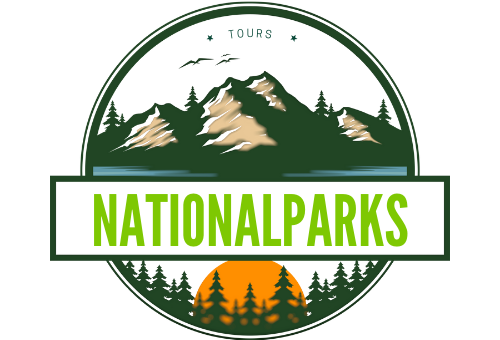Olympic National Park, renowned for its diverse ecosystems and stunning landscapes, has experienced significant fluctuations in visitor numbers over recent years. The annual visitation to Olympic National Park has shown a recovery trend post-pandemic, with 2023 recording 2.9 million visits, marking a 4% increase from the previous year. This article delves into the visitation patterns, peak seasons, and visitor demographics of this iconic national park.
What Are the Recent Visitation Trends at Olympic National Park?

Olympic National Park has seen a resurgence in visitor numbers following the COVID-19 pandemic. Here’s a breakdown of the annual visitation statistics for the past five years:
- 2023: 2,947,503 visits
- 2022: 2,447,503 visits (estimated)
- 2021: 2,718,925 visits
- 2020: 2,499,177 visits
- 2019: 3,245,806 visits
The park experienced a notable increase in 2023, with nearly 3 million visits, positioning it as the 10th most visited national park in the United States. This uptick represents a significant recovery from the pandemic-induced downturn.
How Does Seasonal Variation Affect Visitation?

Seasonal fluctuations play a crucial role in Olympic National Park’s visitation patterns:
- Peak Season:
- Typically includes summer months (June, July, August)
-
Spring and fall also see increased visitor numbers
-
Off-Season:
- Winter months generally experience lower visitation
- Growing trend of visitors exploring during spring and fall
While exact monthly data is not available, we can estimate average daily visitors during peak season:
- Estimated average monthly visits (peak season): 982,501
- Estimated average daily visits (peak season): 32,750
Who Visits Olympic National Park?
Understanding visitor demographics helps in tailoring park services and experiences:
- Age Groups:
-
Wide range, including families and retirees
-
Geographic Origins:
- Visitors from across the country and internationally
-
Significant local and regional visitation
-
Visitor Interests:
- Hikers
- Nature enthusiasts
- Photographers
- Wildlife observers
The park’s diverse ecosystems, including mossy forests, rugged peaks, and wild coastlines, attract a variety of interests and visitor types.
What Amenities Are Available for Peak Season Visitors?
Olympic National Park offers various amenities to accommodate the influx of visitors during peak seasons:
- Parking Facilities:
- Multiple parking areas throughout the park
-
Managed to accommodate increased visitation
-
Accessibility Options:
- Accessible trails
- Facilities for visitors with disabilities
-
Accessible restrooms and picnic areas
-
Guided Experiences:
- Ranger-led programs
- Educational activities
- Nature walks
- Wildlife viewing tours
These amenities enhance the visitor experience and help manage the high volume of tourists during busy periods.
How Has COVID-19 Impacted Visitation?
The COVID-19 pandemic significantly affected visitation patterns at Olympic National Park:
| Year | Visitor Count | Change from Previous Year |
|---|---|---|
| 2019 | 3,245,806 | Baseline |
| 2020 | 2,499,177 | -23.0% |
| 2021 | 2,718,925 | +8.8% |
| 2022 | 2,447,503 | -10.0% |
| 2023 | 2,947,503 | +20.4% |
The park experienced a sharp decline in 2020 due to pandemic restrictions. However, visitation has been steadily recovering, with 2023 showing a significant rebound.
What Challenges Does Increased Visitation Pose?
With rising visitor numbers, Olympic National Park faces several challenges:
- Resource Management:
- Balancing visitor access with ecosystem preservation
-
Maintaining trail and facility conditions
-
Crowd Management:
- Ensuring visitor safety in popular areas
-
Preventing overcrowding at key attractions
-
Environmental Impact:
- Minimizing human impact on sensitive habitats
-
Managing waste and pollution
-
Visitor Experience:
- Maintaining quality experiences despite high visitor numbers
- Providing adequate services and amenities
Park management must continually adapt strategies to address these challenges while preserving the natural beauty and ecological integrity of Olympic National Park.
How Can Visitors Contribute to Park Conservation?
Visitors play a crucial role in preserving Olympic National Park for future generations:
- Follow Leave No Trace Principles:
- Pack out all trash
- Stay on designated trails
-
Respect wildlife and plant life
-
Visit During Off-Peak Times:
- Consider exploring the park during spring or fall
-
Visit popular sites early in the morning or late afternoon
-
Support Conservation Efforts:
- Participate in volunteer programs
-
Donate to park conservation funds
-
Educate Yourself:
- Attend ranger-led programs
- Learn about the park’s ecosystems and conservation challenges
By following these guidelines, visitors can help maintain the park’s natural beauty and ecological balance while enjoying its stunning landscapes.
The annual visitation to Olympic National Park reflects its enduring appeal as a natural wonder. As visitor numbers continue to rise, the park faces the ongoing challenge of balancing accessibility with conservation. Through careful management and visitor cooperation, Olympic National Park can continue to provide awe-inspiring experiences while preserving its unique ecosystems for generations to come.
Reference:
1. https://www.nps.gov/olym/learn/news/325-5-million-visits-to-national-parks-in-2023-2-9-million-visits-to-olympic-national-park.htm
2. https://www.nationalparked.com/olympic/visitation-statistics
3. https://www.smithsonianmag.com/smart-news/most-and-least-popular-national-parks-2023-180983850/

